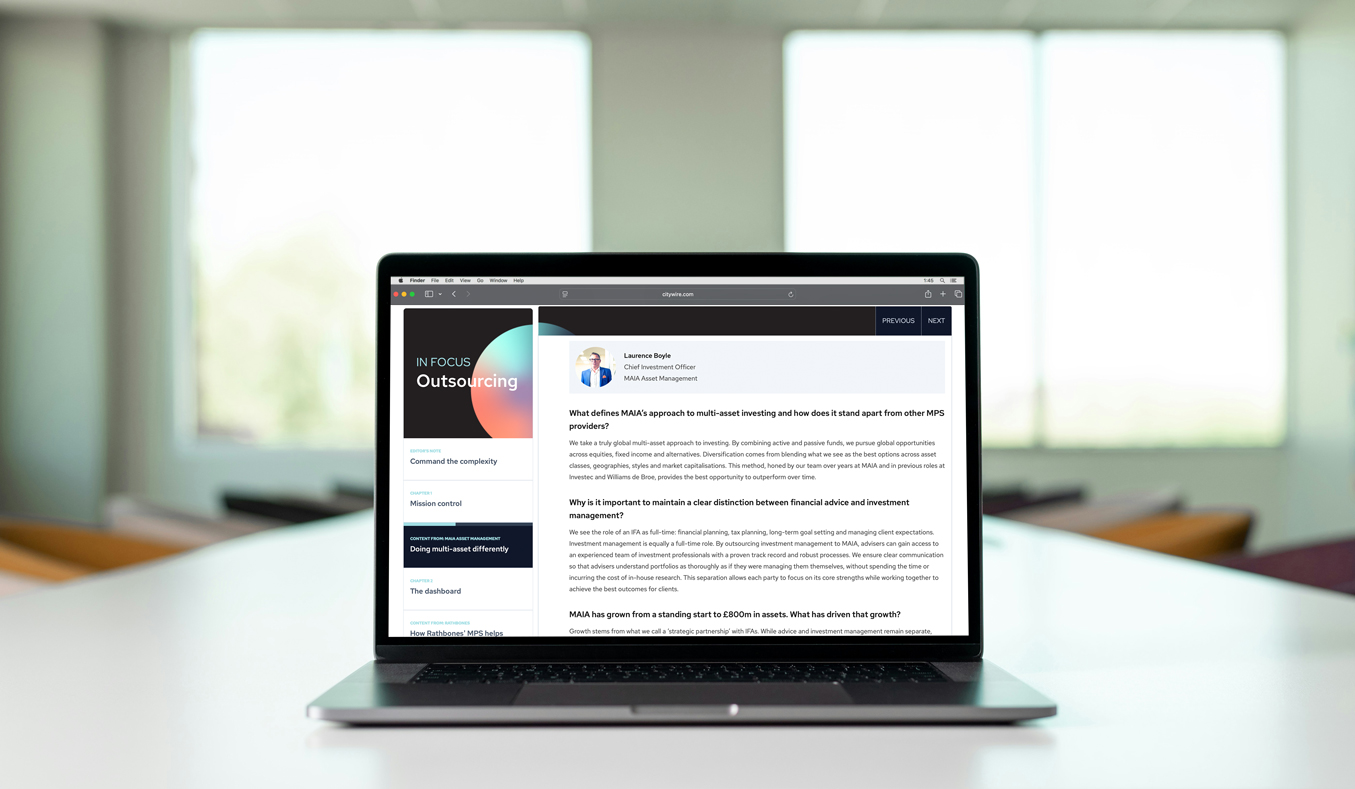What started out as Russia’s usual troubles with its neighbour has quickly intensified into a political risk event for markets.

What has happened?
On Monday it seemed that diplomacy may have been working with plans for Russia to meet up with the US at the end of this week to find a resolution. However, a dramatic U-turn occurred when Russian troops entered two rebel-held regions in eastern Ukraine – Luhansk and Donetsk – as President Vladimir Putin recognised them as independent states. The Russian president stated that the moves were legitimate which was quickly quashed by NATO and the West. Earlier in the week, Putin said the soldiers would be “peacekeeping” in the regions and only in these regions for now, but the move has drawn widespread disapproval. The US administration called the reasoning on the actions by Russia as “nonsense”, adding that recognising the breakaway states as independent outside of Ukraine was just creating an excuse to invade the country, and a clear violation of the Minsk agreements. Boris Johnson agreed with this and stated that the moves undertaken by Russia were nothing less than an invasion.
This morning, we woke to the news that President Putin has declared a full-scale invasion of Ukraine and Russian troops have crossed the border in extremely large numbers and have already undertaken staged military attacks on key Ukrainian military sites.
This led to a flurry of sanctions to be undertaken by Europe, US & the UK with more due to be announced over the coming hours and days.
What sanctions have been undertaken so far?
Certain individuals and businesses have been denied the right to undertake business, travel, and have had their assets frozen. The US also announced penalties on Russian sovereign debt and has sanctioned two Russian banks linked to the funding of the Russian army and Putin’s Government. In Europe, President Von Der Leyen highlighted the initiation of restrictions on certain businesses and individuals. In Germany the Chancellor stated that approval for the Nord Stream 2 pipeline has been halted.
The UK, Europe and the US are currently holding emergency meetings to pass further sanctions. It is believed that, as Putin has ignored the last round of sanctions, the new ones that are due to be released will be far tougher and will look to place major strains on the Russian economy.
How did the market react to the news?
The initial market reaction at the start of this week was as to be expected. Stock markets moved lower, government bond yields fell, credit spreads widened, and energy prices rose further in wholesale markets.
Today, with the news that a full-scale invasion is taking place, global stock markets have sold off. There has been a flight to safety with bond yields falling, increased investment in safe haven currencies and increased investment in gold and precious metals. Energy and commodity prices have increased further with oil breaching $100 a barrel, natural gas prices spiking higher and aluminium prices reaching their highest level since 2008.
Has this led to any changes in the management of the portfolios?
While we cannot predict upcoming military and political developments or how far the current conflict will escalate, what we can try to assess is the impact on growth and the subsequent market implications. The key risk is the impact on energy and commodity prices. The increase in tensions will have an escalating impact on
commodities.
The Russian and Ukrainian economies are small in the context of the global economy, but the on-going invasion will provide increased volatility which markets will react to. Higher energy prices should have a small impact on inflation in the short term. The team continue to focus on the medium to long term opportunities as history has shown how quickly markets can move with news flows. Timing moves in and out of markets can provide greater risks for investors in times of stress, maintaining investment discipline in times like these provides the best longterm opportunities for investors.
We are therefore focusing on the longer term to make sure the portfolios continue to be diversified across styles, sectors, and asset classes. The higher weight held in alternatives works well in volatile markets and therefore we continue to have allocations to gold and defined returns which provide lower correlation to other asset classes in times of stress.
Within fixed income our focus is on valuations, income, and risk. Assets where default rates are low, and wider spreads & coupons compensate for inflation, are preferred. We also continue to favour shorter duration to
lessen the impact from rising interest rates.
Within our equity exposure, the additional risks from the Ukraine/Russia tensions highlights that diversification is key. We continue to invest across regions which should benefit investors over time. We also continue to favour valuation discipline. In the recent times of stress and volatility, higher valued areas have sold off more aggressively. Our weighting to global value should provide good opportunities due to the increasing dividends and lower upfront valuations.
The team are continually monitoring the situation in Ukraine and its impact on the global economy, markets, and underlying portfolios & investments.
This website is aimed at Independent Financial Advisers, please tick the box to confirm that you are an IFA before entering the website.








